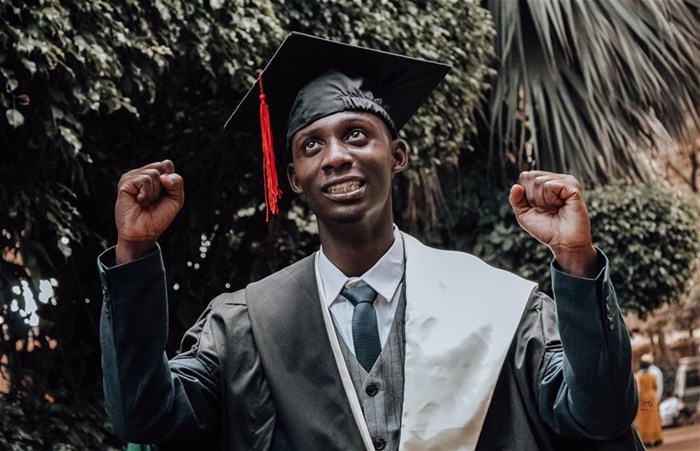






“It is critical that South Africa unlocks private sector capital to deliver quality education infrastructure that can provide an enabling environment in which learners and communities can thrive,” says Joshua.
According to media reports, public schools face declining infrastructure, overcrowding, high drop-out rates and safety concerns, amongst others, with many learners in the system paying the price with a compromised education.
The General Household Survey, 2021, released by Statistics South Africa in 2022, indicates that almost three out of 10 pupils aged 18 years (29,3%) and 4 out of 9 (46,3%) of 19-year-olds had dropped out of school. On a combined basis this would imply that 36% of 18- to 19-year-olds do not complete school.
“It is time that we close the gap,” says Joshua. “Education-focused investment funds provide a platform for urgent interventions that can improve the current system.”
She adds that the private sector’s focus and efficiency in delivering education infrastructure and overlaying key performance indicators will ensure better quality outcomes.
“Private sector capital enables the establishment of schools in undersupplied locations. It takes the private sector a mere 12 months to open a green fields school, whereas it takes government approximately four years,” says Joshua. “Quality education needs to be built from the ground up at foundation phase and it is imperative that children are provided with the right platform from which to start their learning journey.”
She says an effective education system must ensure that its teachers are well-educated and updated regularly on the advances in contemporary education methods. The schools need to be well-resourced to develop learners not only academically, but also holistically to help produce well-rounded young people who can contribute positively to society.
To date, OMAI has funded 49 schools across South Africa through its education funds - Schools & Education Investment Impact Fund South Africa (SEIIFSA) and Education Investment Impact Fund of South Africa. These schools, managed by OMAI, cater to 36,000 learners, and employ roughly 2 000 teachers. Some 80% of OMAI’s penetration is in the affordable schools’ market.
The schools in the portfolio have consistently outperformed the national average pass rate and bachelor pass rate. The 2022 cohort achieved a pass rate of 92.8% compared to an 80.1% national average, and a bachelor pass rate of 57.3% compared to the national average of 38.5%.
In addition to the emphasis for quality learning infrastructure and systems, OMAI schools also set out to have a broader impact on their communities, particularly regarding environmental, social and governance (ESG) indicators.
“From job creation and gender pay equality, to transformation and green building design, schools of the future must play a larger role in improved socio-economic conditions and the communities in which they serve. Altogether, schools must be beacons of hope, offering long-term sustainability that play a crucial part in addressing the broader needs of society,” Joshua concludes.